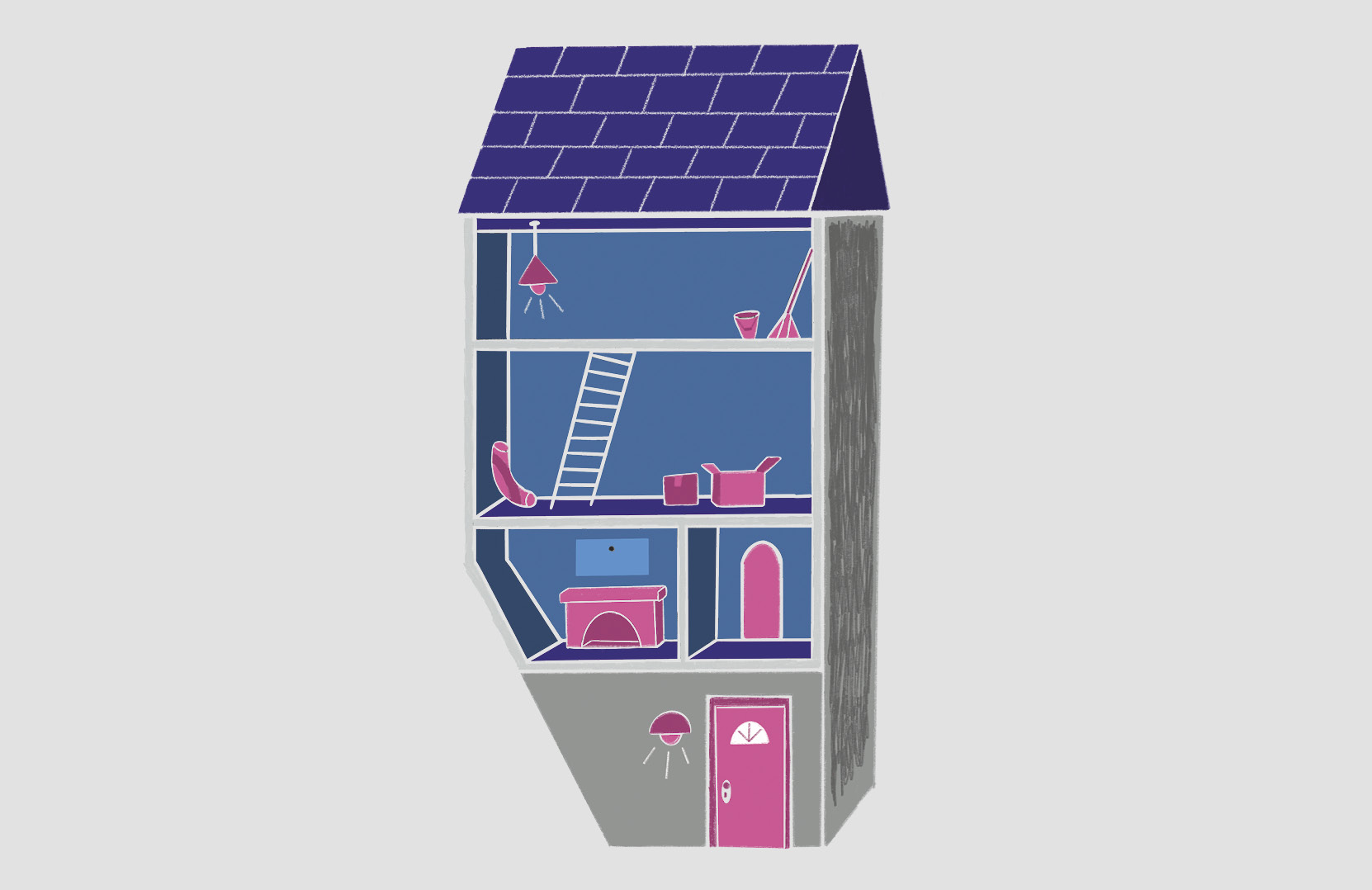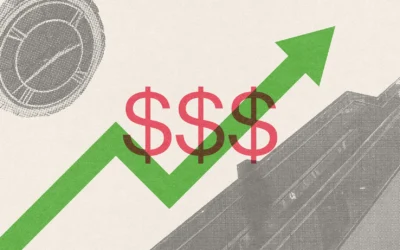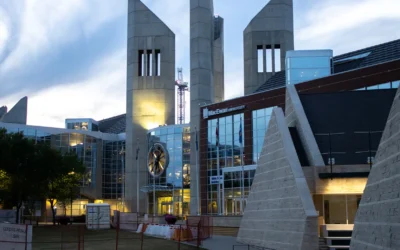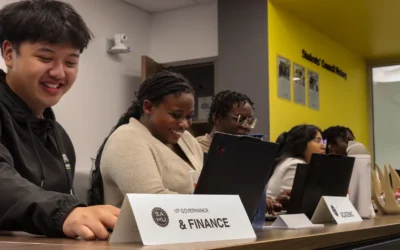Once a province of opportunity where a melting pot of people from other provinces came together for economic reasons, Alberta now seems to be losing citizens at a rapid rate. Although some may speculate on the number of reasons why this is happening, one thing is for sure: something is changing.
In the second quarter of 2020, Alberta lost more citizens to other provinces than it gained. A CBC article from Oct. 1, 2020, reported a loss of 2,733 citizens to other provinces between April and June of 2020. According to data released by the Alberta government and shared in the CBC article, this is a change from previous quarters where gains were made from interprovincial migration. Alberta still had an overall growth, but that was due to new births instead of migration to Alberta from other provinces.
This came at a time when Alberta was initially hit by COVID, and the economy took a downturn. Further data from the Alberta government shows that unemployment rates in June 2020 hit 15.8 per cent. Although the latest data shows an improve ment from last year, rates were still at 9.9 per cent February 2021, a 2.4 per cent increase from February 2020, which was 7.5 per cent.
In an interview with the Calgary Herald, Blake Shafer, an economist at the University of Calgary, explained that historically it isn’t common for Alberta to lose more citizens than it gains, with the exception of the mass exodus in the 1980s. He recognized that many of those citizens who moved did so west to BC, and that it is important to also remember the trend of Albertans originally from the Atlantic returning home when opportunity dies out here.
The sentiment of finding greener pastures can be found everywhere. Reddit is filled with stories of Albertans discussing moving away. Some of these posters have already moved, and others feel trapped only because of the cost of living or homes that can’t be sold quickly enough.
On July 10, 2020, Global News reported that 42 per cent of Alberta doctors were considering leaving the province due to the issues and policies with the UCP government. These issues spilled over to other groups of people, including young adults. The Calgary civic census shows a loss of young adults in 2019, aged between 20 and 34. This loss should be of great concern to anyone paying attention.
When young talent leaves, attracting it back becomes a much bigger problem. Data from MacEwan University’s Institutional Analysis and Planning department shows that 87 per cent of students report staying in Alberta after graduation, but there are more and more students talking about leaving and finding work elsewhere. This is the case for current MacEwan student James Peterkin. Peterkin, a born and raised Albertan, says he can’t see staying in the province in the political state it’s in. As a student planning to teach high school, the government’s choices toward funding and curriculums have made his career prospects in Alberta seem very unappealing. “There isn’t as much of a promising future with the current government in place for me to make a living here as a teacher. I’d be better looking in BC or Manitoba or other places,” says Peterkin.
Peterkin, who had gone to school for nursing 10 years ago, also worries about health care, jobs, and the government’s continued obsession with supporting oil and gas while avoiding the diversification needed to grow the province’s economy. “I have read numerous articles about doctors and nurses fleeing, and then teachers are now fleeing because they can’t find work …. The economy is going downhill because we are investing in pipe lines and such that aren’t being built, and Alberta is a province that can’t look past its own past and is stuck in its own past, and as such, we are burning money to fix an economy that is not sustainable,” says Peterkin.
He isn’t alone. In a recent podcast from local Alberta independent publication The Sprawl, Hadeel Abdel-Nabi interviewed Mark Jeffery and former NDP cabinet minister Shaye Anderson. Both expressed similar concerns over the limited economy, government mismanagement and divisiveness, among other topics. These are oftenechoed sentiments of others that have already left. When asked what would have to change to bring them back home, both Jeffrey and Anderson also had similar sentiments that a lot had, especially the government.
Peterkin mirrored those responses, explaining that a reversal of a lot of things that have been changed recently was needed. “If, let’s say, the next government comes in and they promote a reversing of policy in regards to cuts on health care and education as such and put a lot of that money back in, but then the other concern with that is can the budget afford that? ” he said. In the mean time, Peterkin and his family are trying to decide whether it even makes sense to wait until he is done university before moving or if they can afford to transfer to an out-of-province university. Recent cuts to post-secondary education and a change to performance-based funding could also affect that decision, not only for Peterkin but for a whole new group of incoming students.
In another instance, a source who asked to remain anonymous due to her employment found herself making the same hard decisions before moving to Montreal. She was also born and raised in Alberta and was stressed at her job, which led her to consider going back to post-secondary, but found the cost higher in Alberta than in Quebec. She says that she was already in a long-distance relationship with someone in Montreal, and they had discussed either her moving to Montreal or him to Edmonton. After taking the costs and current government into account, she decided that moving to Montreal made more sense. When asked if there was anything that could change her mind and make her return, she said, “two things: one, if the NDP came back to power and two, better health care.”
It is fair to say that the pandemic has played a part in what could be the subsequent mass exodus from Alberta. However, with numbers of younger adults dropping off long before COVID reared its ugly head, it would be naive for anyone to deny that there is far more to this trend. Of course, only time can tell how the next two years will play out in terms of interprovincial migration. It will also be interesting to see how Alberta’s growth progresses once international migration ramps up again after its pandemic lull.
Nonetheless, this could be the low grumbling of a much larger problem if the province doesn’t stop and pay attention to the stories and data of those eager to go. For most who have spoken out about leaving, coming back isn’t as easy a task, especially if by that time roots have been set down in new locations. What is here today could be gone tomorrow, and once that happens, attracting it back could cost future governments far more than is being saved in cuts right now.





0 Comments